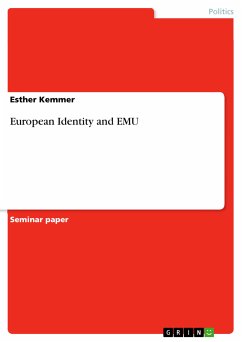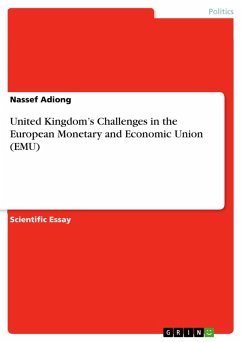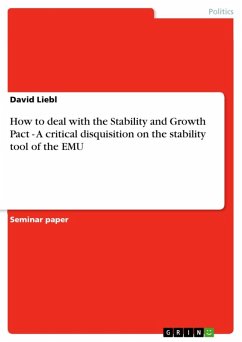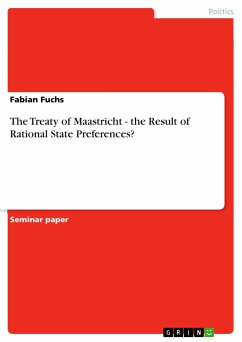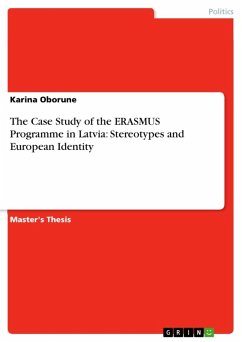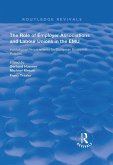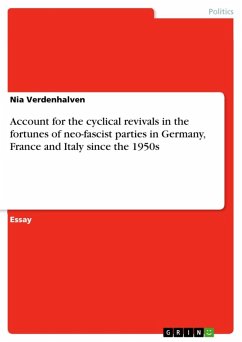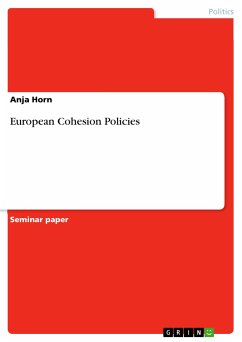Seminar paper from the year 2004 in the subject Politics - International Politics - Topic: European Union, grade: English: 6,5 out of 10, Maastricht University, language: English, abstract: Europe is coming closer together, this is shown in many parts of daily life. It is often argued that money is one of the best-known and most effective tools in symbolising the "united Europe", the EU. Most of the member states of the European Union who matched the criteria of the Growth and Stability Pact seem to have agreed to this and joined the Economic and Monetary Union (EMU) as soon as it was introduced. But why were there some who decided not to exchange their national currency in favour for the common European one? Did they not feel an affinity with other Europeans? Did they not see that all Europeans are part of a community which is trying to express its unity through a common currency? Or did they not view the Euro ideologically, but rationally? And if they did what does this tell us about their European Identity? In short, is it necessary to join the Economic and Monetary Union to be a European? This article tries to answer these questions by looking for reasons why Denmark, The United Kingdom and Sweden decided not to accept the Euro, in particular looking for similarities, and their relation to the development of a single European Identity. [...]
Dieser Download kann aus rechtlichen Gründen nur mit Rechnungsadresse in A, B, BG, CY, CZ, D, DK, EW, E, FIN, F, GR, HR, H, IRL, I, LT, L, LR, M, NL, PL, P, R, S, SLO, SK ausgeliefert werden.

